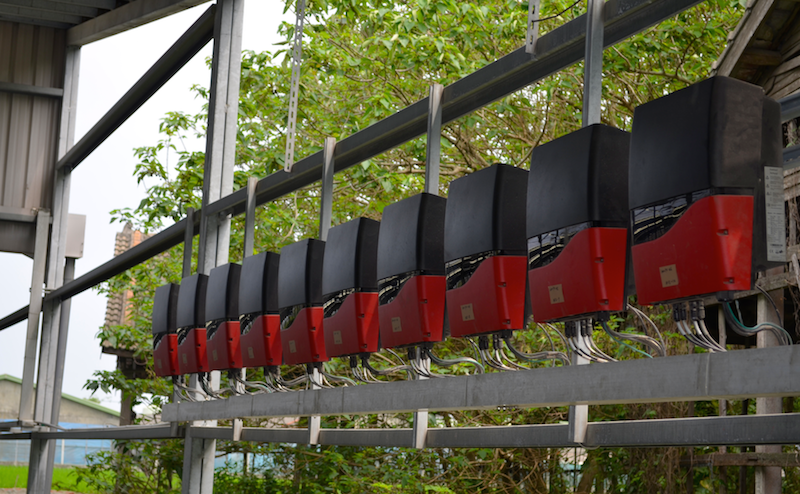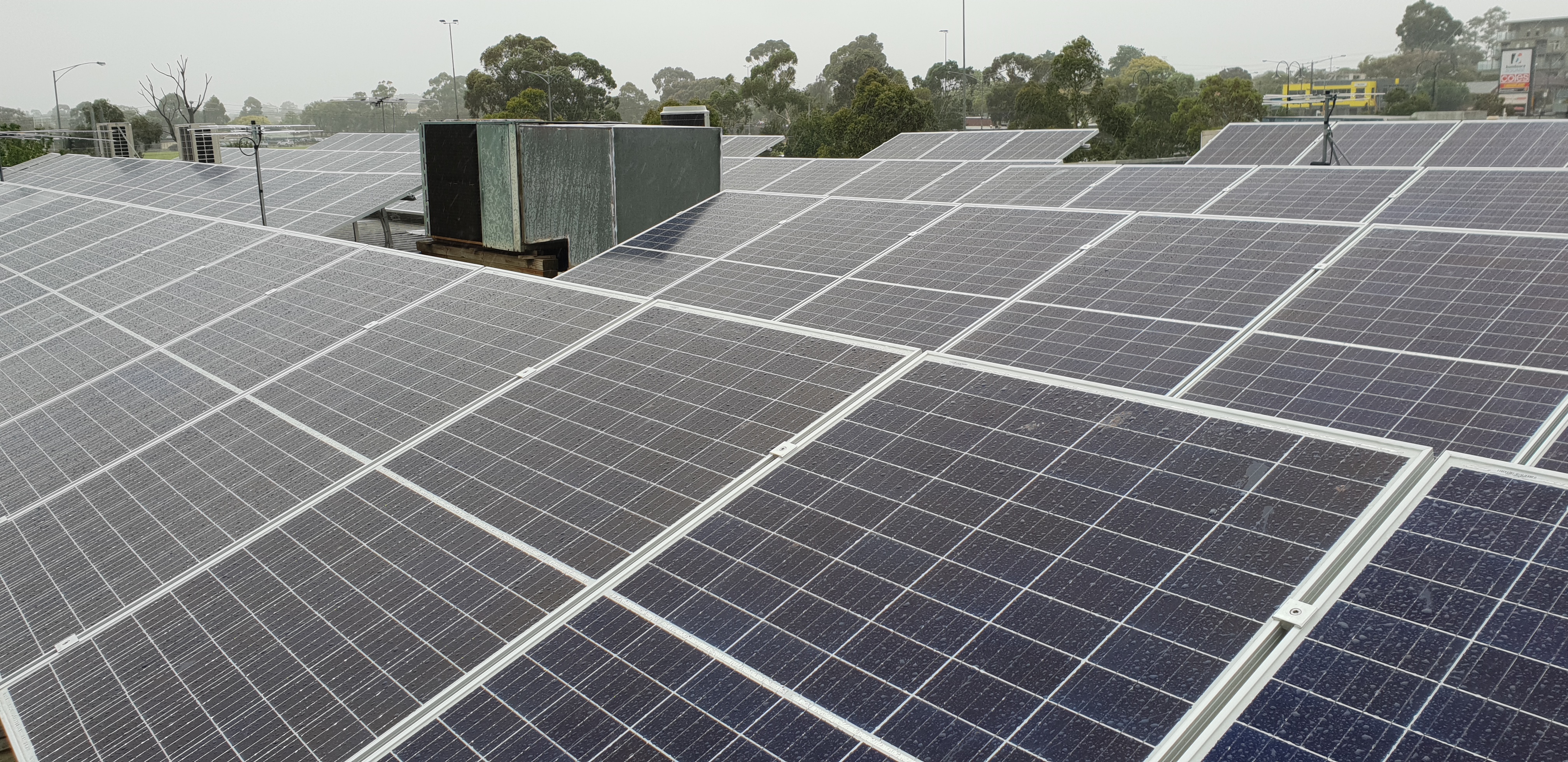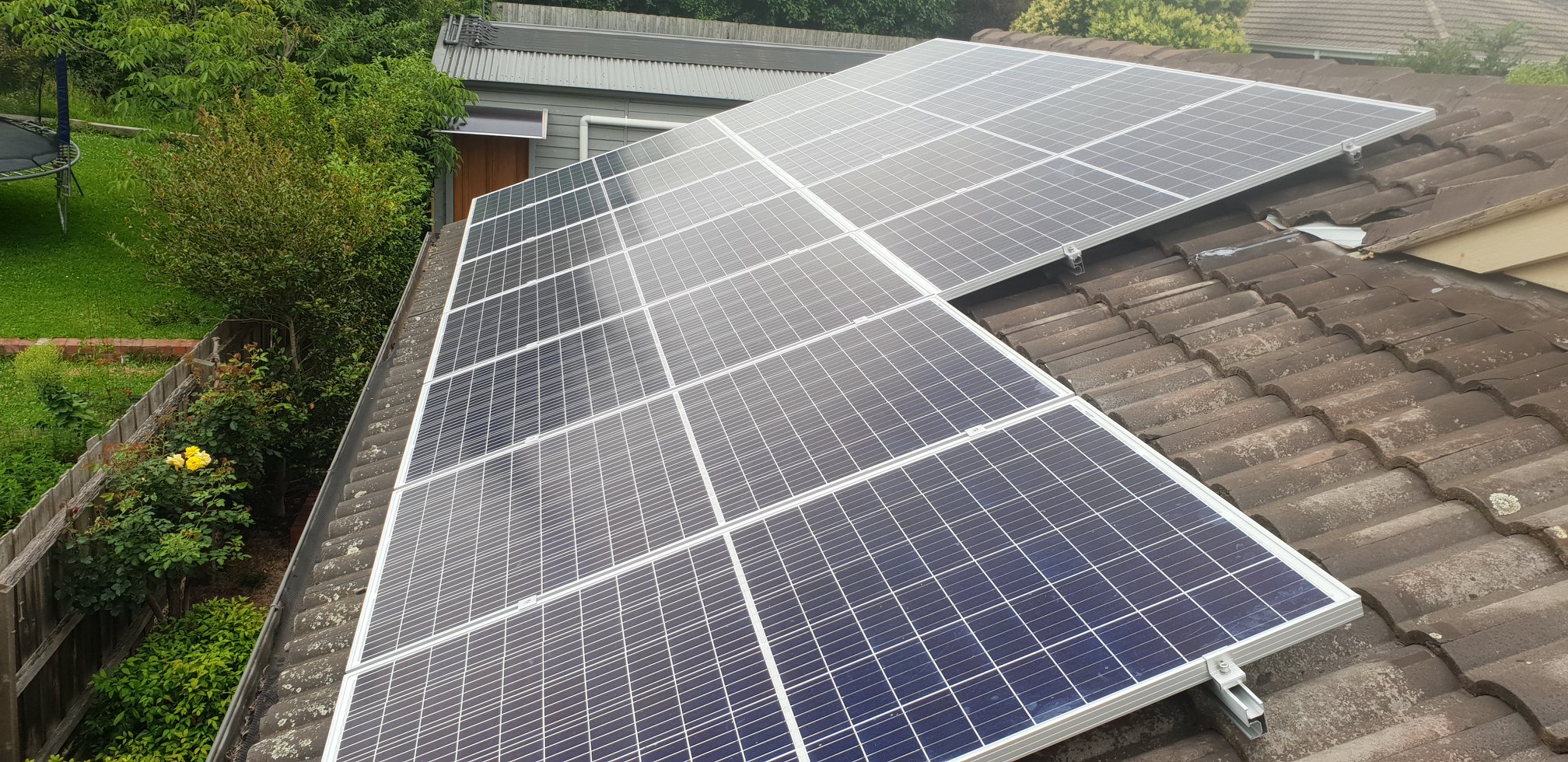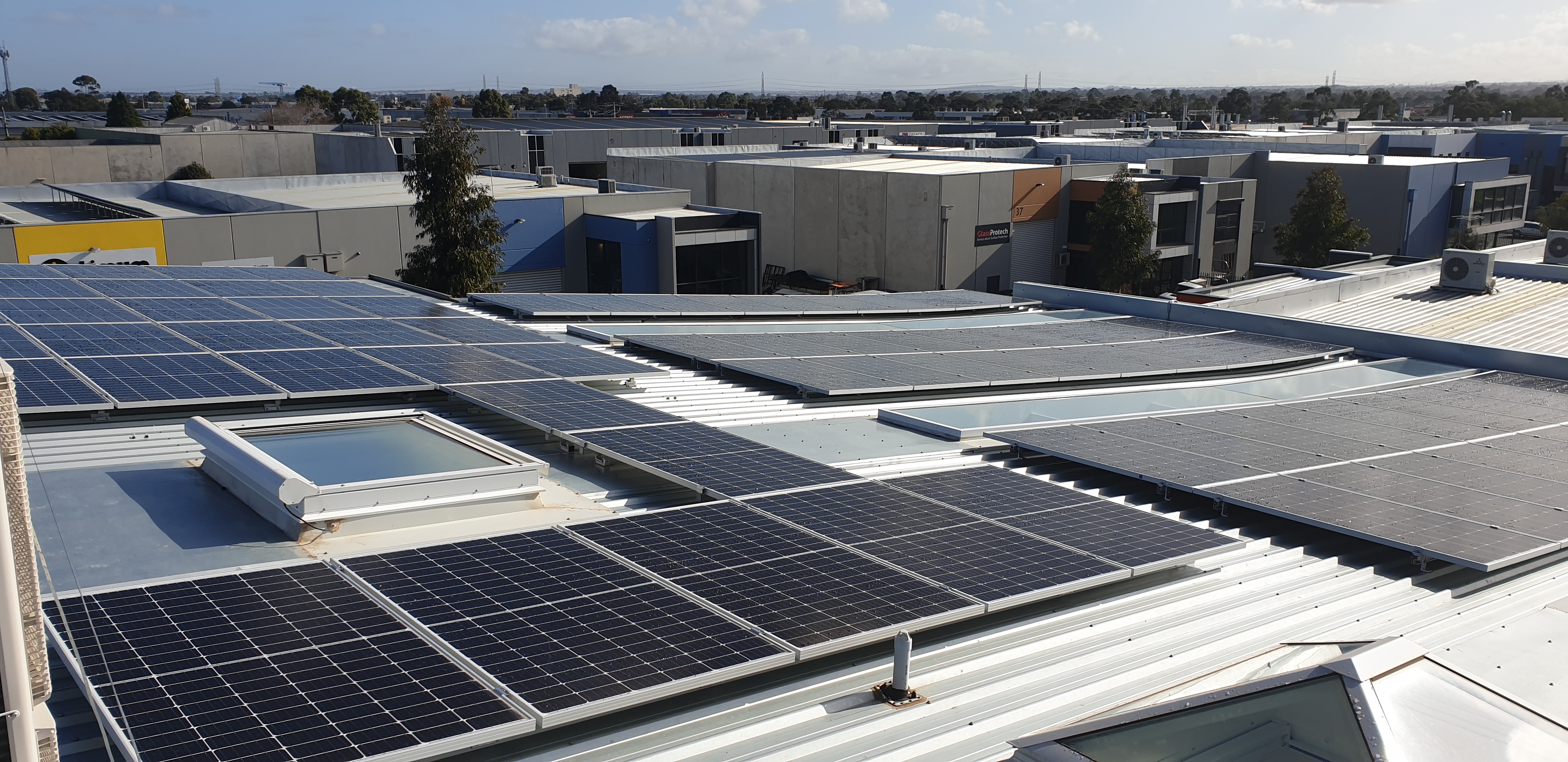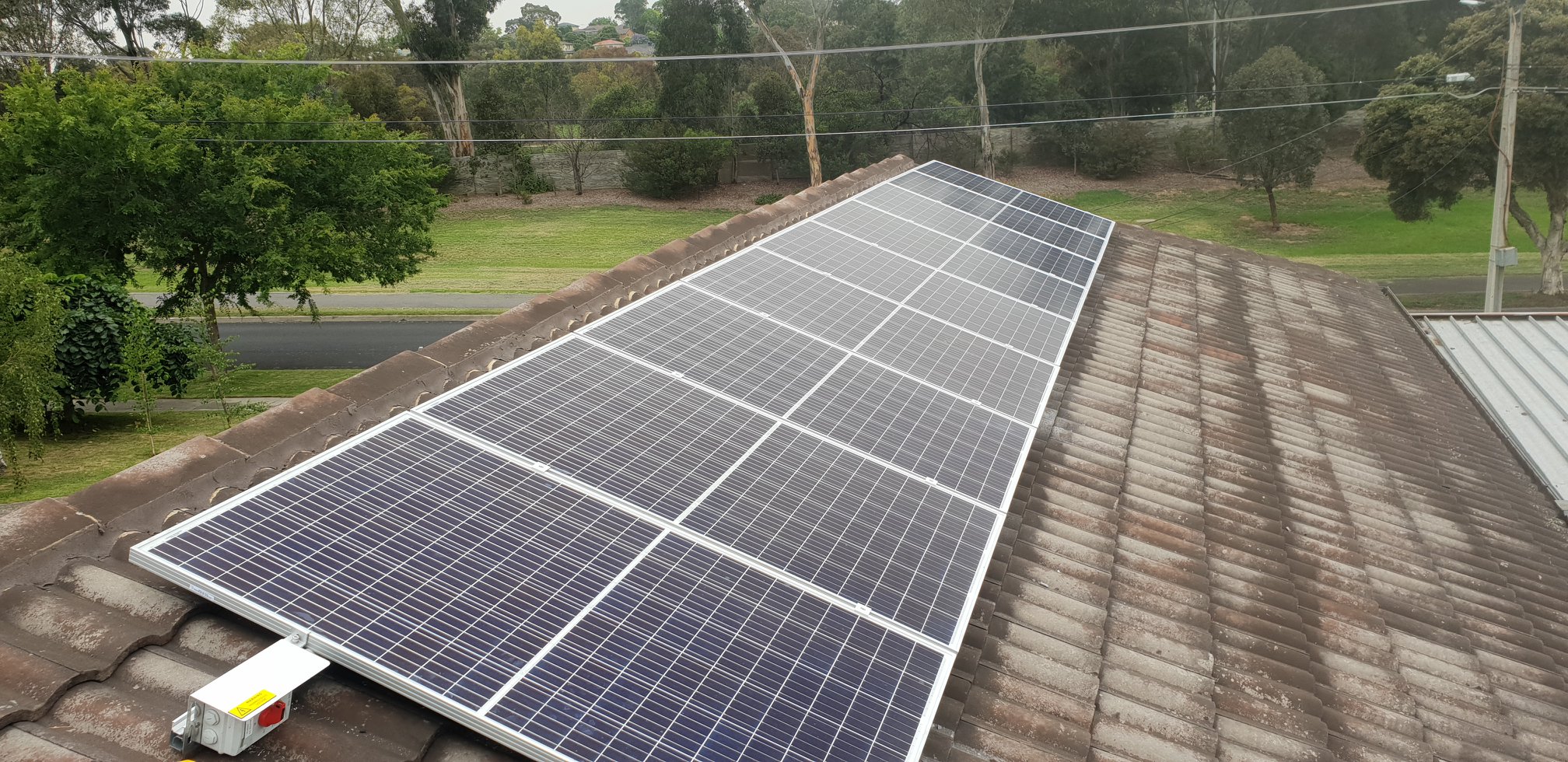Lithium Batteries
About Lithium Ion Solar Batteries:
Lithium ion chemistry is one of the greatest advances in battery technology in the last 20 years. It has small, light weight; energy dense profile that has powered the modern mobile world. Now it is set to revolutionise the way we use and consume power on a much larger scale.
Advantages:
Lithium is generating the most interest in the battery market, and not without good reason.
- Very high efficiency – up to 95%
- Has very low maintenance
- Able to deeply cycle, much more so than other chemistries
- Extended Life
- Takes up relatively little space.
One of the best points about lithium is its very long life and reduced maintenance. A lot of battery manufacturers warrant their batteries for 10 years so all you have to do is ‘set and forget’. The BMS will just take care of you for the next decade.
On top of that, lithium has a number of technical advantages, having the ability to charge and discharge very quickly, all whilst taking up relatively little space.
Disadvantages
Despite all lithium’s advantages it does have some drawbacks:
- Requires a battery management system and circuit protection
- Higher initial cost
- Constant change of chemistry, with newer versions constantly being released.
Lithium requires a very accurate and specialised management system, to get the longest possible life out of them. All major battery manufacturers produce their own management system, usually only optimised for their system.
Lithium – ion initially tends to be much more expensive than lead acid, but over the course of it long life costs even out.
How they are managed:
The Lithium chemistry requires accurate and careful management to obtain optimal efficiency and to increase the battery’s cycle life. Lithium is able to cycle more deeply than Lead Acid but still should be prevented from dipping below 20% charge.


